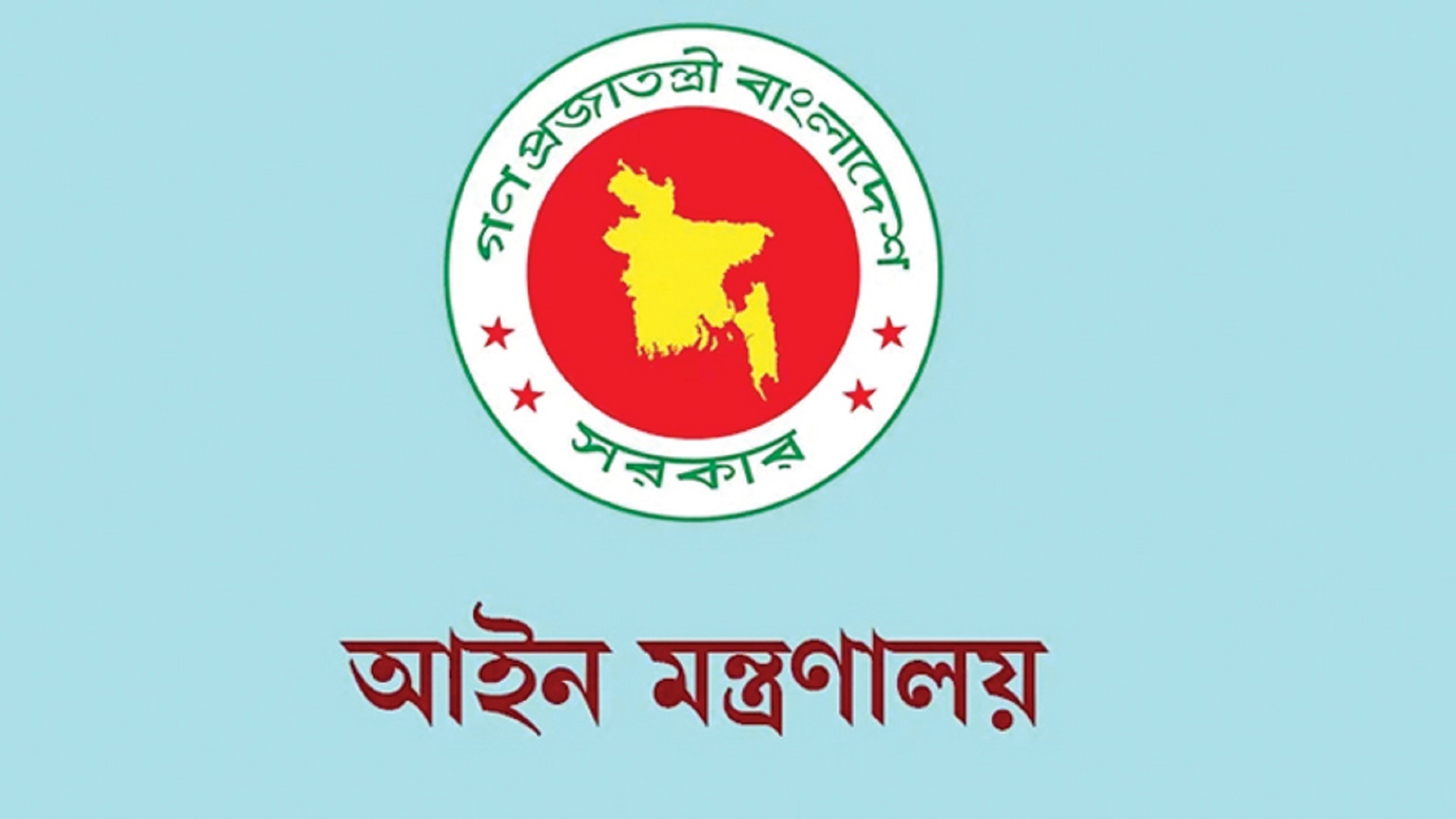
Parties Must Contest Under Their Own Symbols, Even in Alliances: New Ordinance Issued
 The government has issued the Representation of the People Order (Amendment) Ordinance, 2025, reaffirming that political parties must contest elections under their own registered symbols—even if they form alliances.
The government has issued the Representation of the People Order (Amendment) Ordinance, 2025, reaffirming that political parties must contest elections under their own registered symbols—even if they form alliances.
According to the ordinance, published in the government gazette by the Law Ministry on Monday (November 3), alliance candidates will not be allowed to use the symbol of a larger or partner party. Instead, each party must retain and use its own official symbol during the polls.
The amendment to Article 20 of the Representation of the People Order (RPO) was approved in principle at the Advisory Council meeting held on October 23. While the BNP had objected to the proposed change, the Jamaat-e-Islami and National Congress Party (NCP) supported maintaining the provision.
With the new ordinance, alliance candidates in the upcoming 13th National Parliamentary Election—scheduled for the first half of February 2026—will be required to contest under their individual party symbols, regardless of coalition arrangements.
The Election Commission (EC) is expected to issue a revised code of conduct for political parties and candidates soon, reflecting the recent amendments to the RPO.
Originally enacted in 1972 following the country’s independence, the RPO serves as the principal legal framework governing elections in Bangladesh. It outlines citizens’ electoral rights and the responsibilities of the Election Commission in ensuring free, fair, and impartial elections. The RPO was last amended through the Representation of the People (Amendment) Act, 2023.
The 13th National Parliamentary Election is anticipated to be a highly contested event, with the election schedule likely to be announced by the EC in early December.
Editor & Publisher: Ziaul Hoq Mizan
Address : 3/2 Outer Circular Road (4th Floor), Rajarbag, Dhaka, Bangladesh
© All rights reserved by Daily Morning Herald - 2024-25